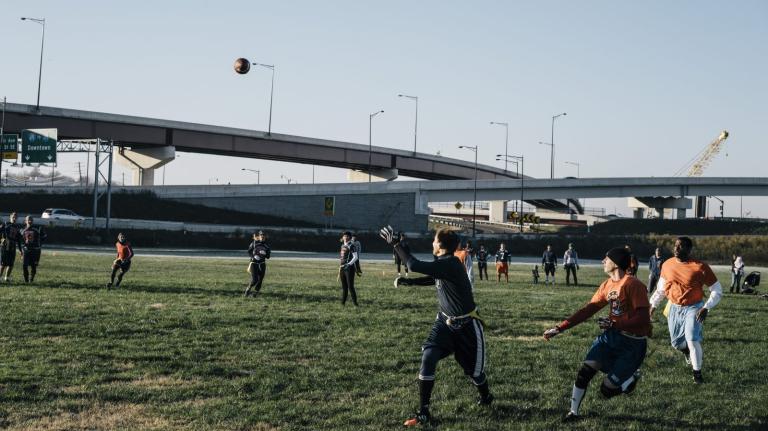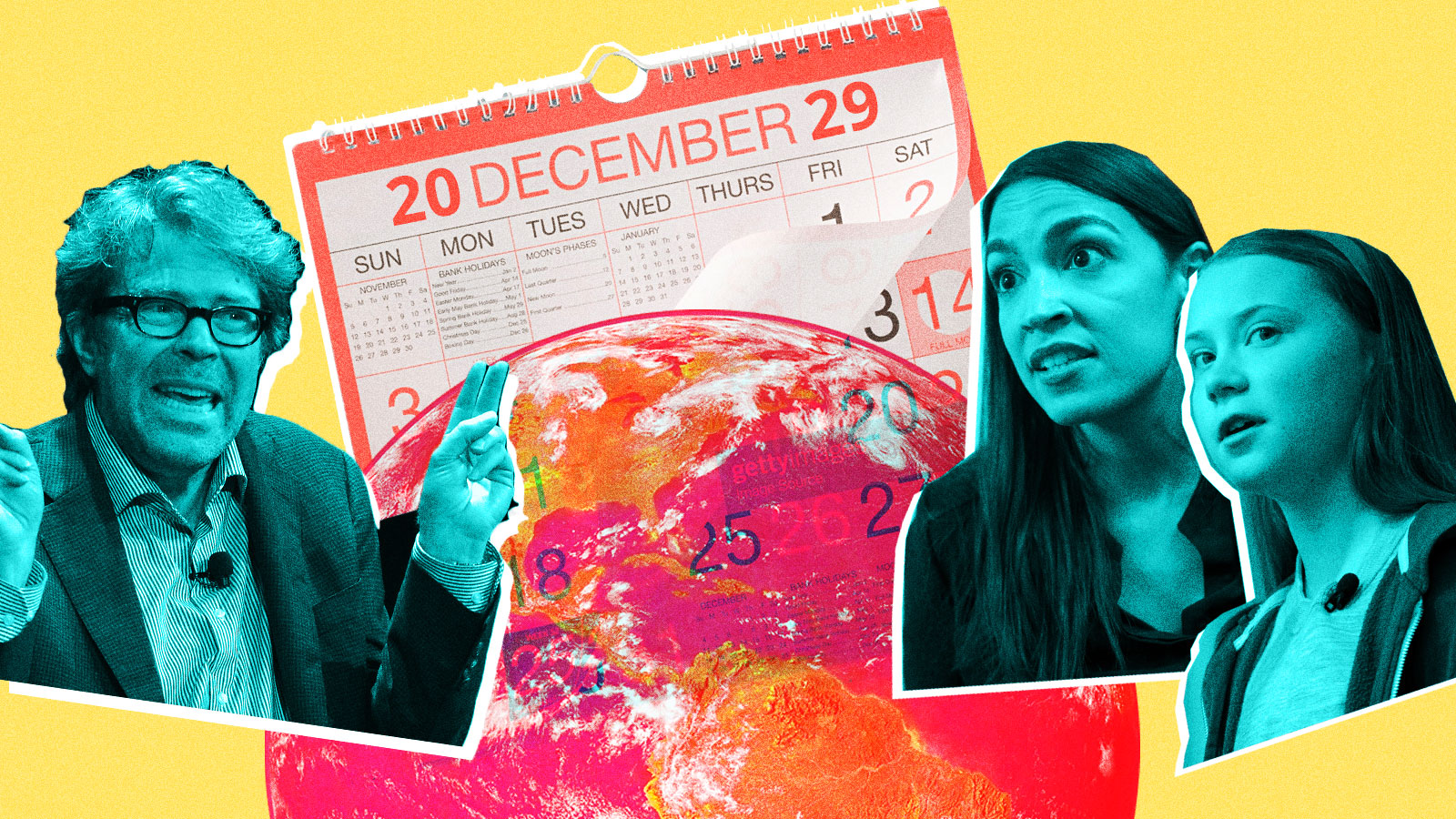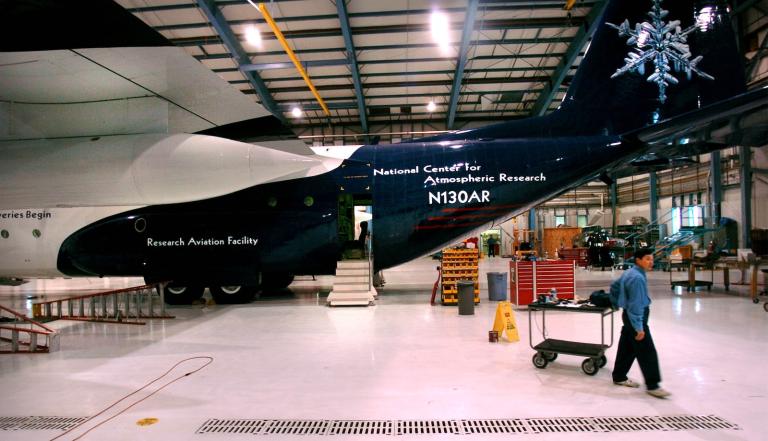Readers of The New Yorker woke up last Sunday morning to find that Jonathan Franzen — the infamous bird-watcher previously pilloried for arguing that concern about climate change distracted from conservation — was at it again.
The novelist and essayist, author of The Corrections and The End of the End of the Earth, wrote a meandering article titled “What If We Stopped Pretending?” The gist: Owing to our progress on climate change thus far (minimal, slow), and the problems of human nature (selfish, easily distracted), we are unlikely to “stop” or “solve” the “climate change apocalypse” before it’s too late.
This sentiment has infuriated many, including climate scientists and activists; after all, scores of people around the world are devoting their lives to preventing possible catastrophe. Admitting that it may be unavoidable seems fatalist at best, obstructionist at worst.
But it wasn’t prematurely admitting defeat that was the primary flaw in Franzen’s argument. It was conflating a long-term policy goal — keeping average global temperatures from warming by 2 degrees Celsius (3.6 degrees Fahrenheit) — with catastrophic tipping points, such as the breakdown of the West Antarctic ice sheet and massive thawing of Arctic permafrost. (Both occurrences would cause tremendous sea-level rise.) And Franzen is only the most recent person to fall victim to this fallacy; many of those shaking their fists at his words have been ensnared in the same trap.
“In the long run, it probably makes no difference how badly we overshoot two degrees,” Franzen writes. “Once the point of no return is passed, the world will become self-transforming.”
This isn’t the scientific reality. Tipping points are notoriously hard to predict, and there are deep, inherent uncertainties in any assessment of large-scale dynamic changes in the climate. As a result, global warming isn’t zero-sum.
What Franzen’s piece unwittingly does is tap into broader questions about the place of apocalyptic rhetoric in today’s climate discourse. Ever since the Intergovernmental Panel on Climate Change released its 2018 report illustrating that the world’s nations would have to act swiftly to prevent warming exceeding from 1.5 degrees Celsius (2.7 degrees Fahrenheit) — which it estimated would happen around 2030 — protesters and politicians alike have seized on the idea that we are close to a point of no return. According to teenage activist Greta Thunberg, “We are less than 12 years away from not being able to undo our mistakes.” Alexandria Ocasio-Cortez, in front of a crowd in New York City in January, was more blunt, saying: “The world is going to end in 12 years if we don’t address climate change.”
This apocalyptic thinking does make it seem like climate change is all-or-nothing: Either we fix it, or we’re done. And it can motivate extraordinary action.
“As long as humans have been alive, we’ve been thinking about the end times and the apocalypse,” said Per Espen Stoknes, environmental psychologist and author. Doomsday deadlines, he argued, can foster a kind of “heroic hope” — the idea that “if we only fight hard enough against climate change, we will win.” Both supporters of Ocasio-Cortez’s Green New Deal resolution and activists with the Extinction Rebellion, who use the fear of a 2030 “climate breakdown” to spark political change, have successfully whipped up that sentiment.
But according to Cambridge University researcher Shinichiro Asayama, heroic hope comes with downsides, including offering ammunition for climate skeptics to disregard those warning of the apocalypse as alarmists. ”Missing a climate deadline means that we will likely see more severe damages,” the co-author of a recent critique of climate deadlines explained. “But it doesn’t necessarily mean that there will be a catastrophe.”
There’s actually a fate worse than being dismissed, said Stoknes. “The apocalyptic narrative does take its toll,” he said, noting that the environmental movement has been chasing a series of deadlines since at least the 1980s. “People [eventually] just tune out.”
Climate discourse has always wavered between heroic hope — that deadlines will be met, that collective action will win, that climate justice will be victorious — and a more modest optimism in the face of apocalyptic fears. In the aftermath of the New Yorker piece, Franzen’s critics were those who held onto heroic hope. But there is also a place for thinking through the apocalypse and coming out on the other side with a hope that is more tentative, more grounded. Hope that tipping points might be avoidable even if deadlines are missed. Hope that, even if climate change isn’t solvable in the sense of returning to a perfect, pre-industrial climate, it may offer an opportunity to create a more just world.
Neither form of hope is “right” or “wrong.” We will need them both to get us through the next 50 years. We can cut our emissions and fight to keep residents of island nations from losing their homes because we think it will prevent catastrophic warming; or, if we have accepted that warming is coming, simply because it is the right thing to do.
As Franzen writes, “Any good thing you do now is arguably a hedge against the hotter future, but the really meaningful thing is that it’s good today.”




